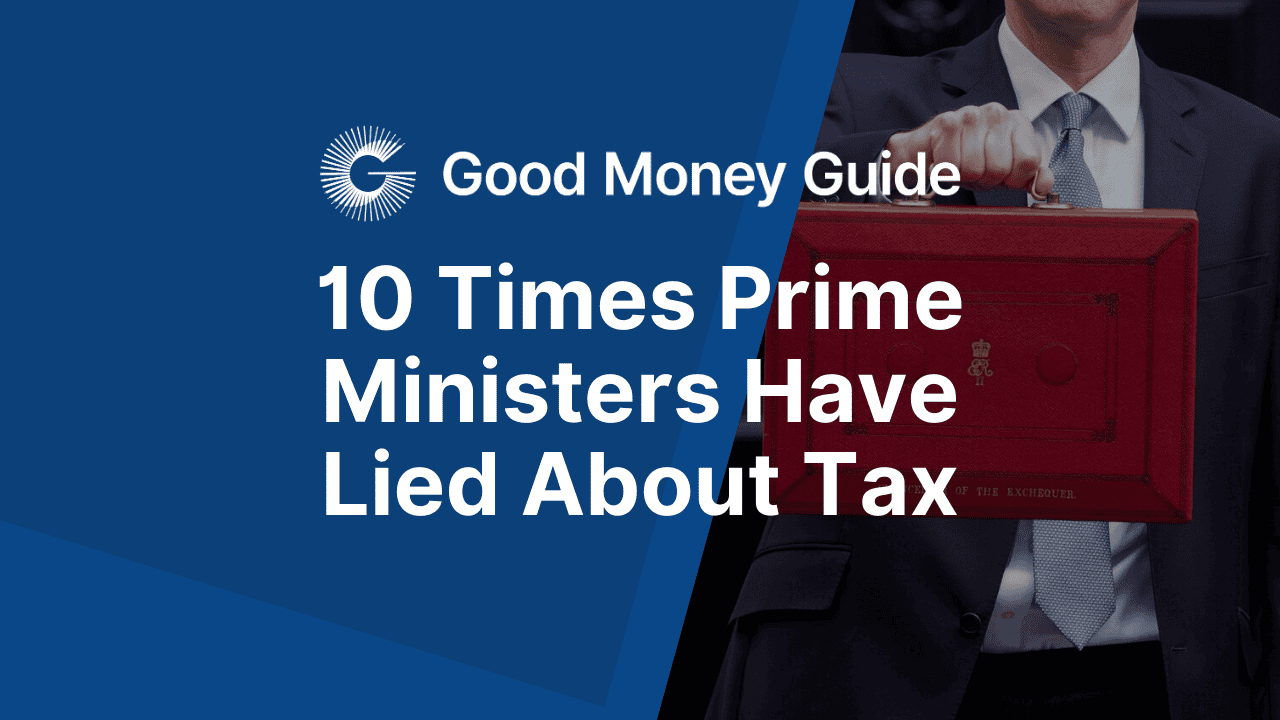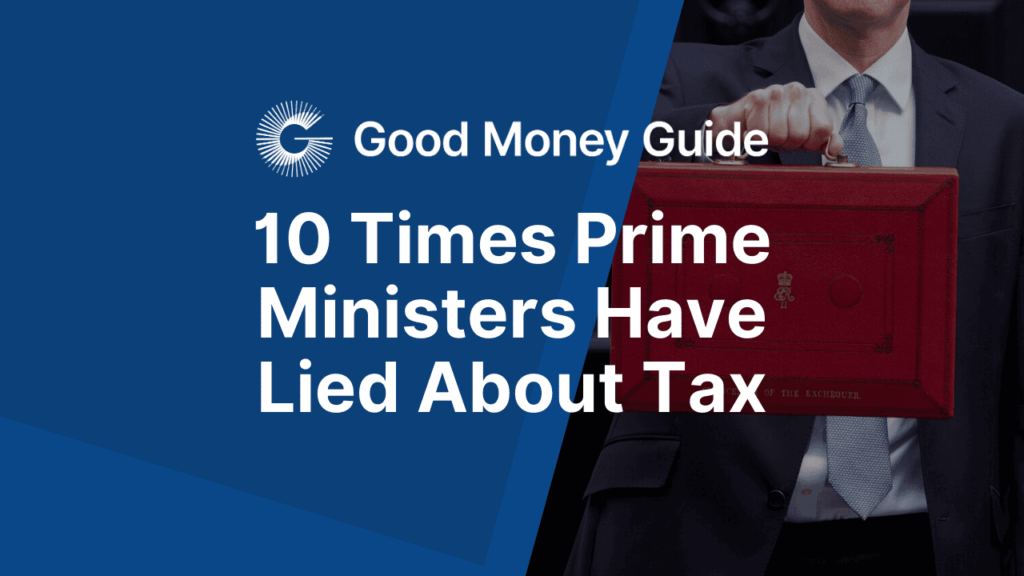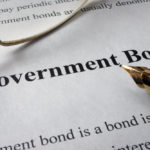Rachel Reeves has promised she won’t raise taxes again, but going back nearly 50 years, to the rise of Margaret Thatcher, it appears that every single prime minister – including the Iron Lady herself – has occasionally (or frequently) taken a deceitful approach to the second of life’s constants. The previous ones probably did as well, but we’re not going back that far.
The only two things that are certain in life, the saying goes, are death and taxes. But perhaps there is one more: the tendency for politicians to stretch (or mangle) the truth – particularly about taxes.
Read on for 10 recent examples of political leaders promising they won’t raise taxes before doing pretty much exactly that.

1. Margaret Thatcher (1979)
Margaret Thatcher was elected to lead a Conservative government in 1979 on promises to cut taxes. She did cut income taxes significantly, with the top tax rate falling from 83% to 60% in the first year of her government.
However, in the early 1980s real taxes on the economy rose across the board, largely due to the decision to raise VAT – kept secret from the public – as well as exercise tax, hitting the spending power of the public.
2. John Major (1992)
John Major fought the 1992 general election on a tax-cutting platform.
After the Conservative government won, chancellor of the exchequer Norman Lamont announced a surprise new rate of income tax of 20p on the first £2,000 of taxable income. Other income tax brackets were also frozen.
3. Tony Blair (1997)
Prior to the 1997 election through which they came to power, Labour under prime minister Tony Blair promised the government would not raise taxes. However, it proceeded to raise taxes including national insurance.
When criticised for this by then Conservative leader William Hague, Blair stated the assurance had only referred to the basic, standard and higher rates of income tax and we kept that promise. The government cut the basic rate to 22p.
4. Gordon Brown (1997)
Gordon Brown, then Chancellor of the Exchequer, infamously scrapped the 20% tax relief of dividends to pension funds in his first budget, netting the government around £5 billion.
While Brown defended his decision, the move was not well signposted and took pensioners by surprise. It later emerged was warned by Treasury officials the change in policy could jeopardise the pension syste,
5. Gordon Brown (2007)
In 2007, it emerged that the government would take in £2 billion more in tax by 2010, according to a forecast by the Institute for Fiscal Studies think tank.
This came as Brown, In his capacity as then prime minister, had been presenting himself as a tax cutter, committing to abolish the 10p starting rate of income tax and reduce the basic rate by 2p to 20p.
However, the government also moved to increase fuel duty from 5% to 6% per year as well as the impact of people shifting into higher tax brackets as wages rose faster than inflation.
Then leader of the Conservative opposition David Cameron criticised this as an “elaborate contrick”, as tax hikes arguably cancelled out the impact of tax cuts.
6. David Cameron (2010)
Prior to leading the Conservatives to victory in the 2010 election, Cameron told BBC interviewer Jeremy Paxman the government had no plans to raise VAT.
However, chancellor George Osborne announced in his first budget that he would raise VAT from 17.5% to 20%.
7. Theresa May
As prime minister Theresa May scrapped the Conservative 2015 tax pledge that income tax, VAT or national insurance would not rise in the next parliament as unaffordable.
This goes to show that, ironically, sometimes politicians who attempt to address finances honestly can backtrack on promises made by others, which can in turn be criticised as “lying”.
8. Boris Johnson (2019)
Prime minister Theresa May, during her 2017 general election campaign, committed the Conservative government to cutting corporation tax to 17% by 2020 – a plan initially put in place by former chancellor George Osborne.
Two years later Boris Johnson told business leaders he was shelving the planned cut and would instead invest £6bn into public services.
9. Rishi Sunak (2024)
In the lead up to the 2024 election Rishi Sunak told the BBC’s NIck Robinson that “taxes are being cut” under his Conservative government.
Sunak’s government did indeed cut employee National Insurance from 10% to 8% for the average earner. However, fact checking organisation Full Fact criticised his statement as misleading on the basis that the tax burden on the public was set to rise to a near-record level.
10. Keir Starmer (2024)
Did Keir Starmer lie about the current Labour government’s tax plans? It all depends on who you consider to be “working people”, as the prime minister had pledged to not increase the burden on these individuals.
For many, his statement was misleading, given that – among other hikes which are certain to impact those in full time work one way or another – employers’ National Insurance contributions have been raised from 5% on salaries above £5000 from April 2025, up from 13.8% on salaries above £9100.
Business owners frequently argue this amounts to a “tax on jobs”, and isn’t someone in a job anyone’s definition of a “working person”?

Robin has more than six years of experience as a financial journalist, most of which were spent at Citywire, and covers the latest developments in the investing, trading and currency transfer space. Outside of work, he enjoys reading literature and philosophy and playing the piano.
You can contact Robin at robin@goodmoneyguide.com





